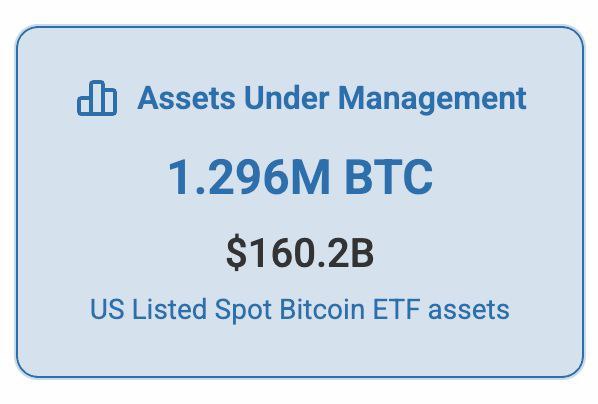
Write something
Crypto investment
Good afternoon everyone who is interested in making real time cash on crypto currency’s investment
Crypto investment
Keep investing and winning with this great community, investment is the key to success. Let grow together fam, $2000 investment can change your life , you will get back $80,000 to $85,000 in just 3 days interesting kindly say hi or dm me on WhatsApp 1(806)2000361

What You Really Want Isn’t Money—It’s Peace of Mind and Freedom
When people say they want more money, or get rich what they’re truly saying is they want what money represents: peace of mind and freedom. Money by itself isn’t the goal. It’s the ability to sleep without worrying about bills, to take time off without stressing about income, to live life on your terms. This post is about how to move from financial survival to a place where you claim your time back—where you achieve peace of mind and freedom. I’ve walked this journey myself. I’ve been buried in bills, stressed about debt, and wondering if I’d ever get ahead. But step by step, I found a path. It’s not a get-rich-quick scheme—it’s a deliberate process anyone can follow. Step 1: Face Your Reality (The Foundation) The first step to peace of mind is clarity. • List your bills and debts: Write down every monthly expense, debt balance, and due date. Avoid the temptation to ignore them—they don’t go away on their own. • Track your spending: For one month, write down where every dollar goes. You might be surprised how much is slipping through your fingers. Key Mindset: Money stress isn’t just about numbers; it’s about control. When you know what’s coming in and going out, you take the first step toward control. Step 2: Create Breathing Room (Stop the Bleeding) Once you understand your financial picture, it’s time to stop the leaks. • Cut unnecessary expenses: Do you really need all those subscriptions or that daily coffee run? Every dollar you free up is a dollar closer to freedom. • Negotiate bills: Call your service providers to lower your rates or consolidate debts to reduce interest. • Boost income temporarily: Consider a side hustle, selling unused items, or taking on extra work. This step isn’t forever—it’s to get ahead of the curve. Key Mindset: The goal here is to create surplus cash flow so you’re no longer living paycheck to paycheck. Step 3: Build a Safety Net (Start Small) Freedom starts with security. • Save for emergencies: Aim for $1,000 to start. This prevents small setbacks (like car repairs) from becoming crises.

New
Hello great community, I am new here and ready to give a chance to crypto investment. Please How do I ask ?
New beginner
Hello it lovely to be here , I am a new here and ready to learn and invest in crypto .
1-6 of 6

skool.com/hero-fx-8803
Want to learn how I made $24k in only my 2month of trading? 💸join me today let make income together 🤝
Powered by




